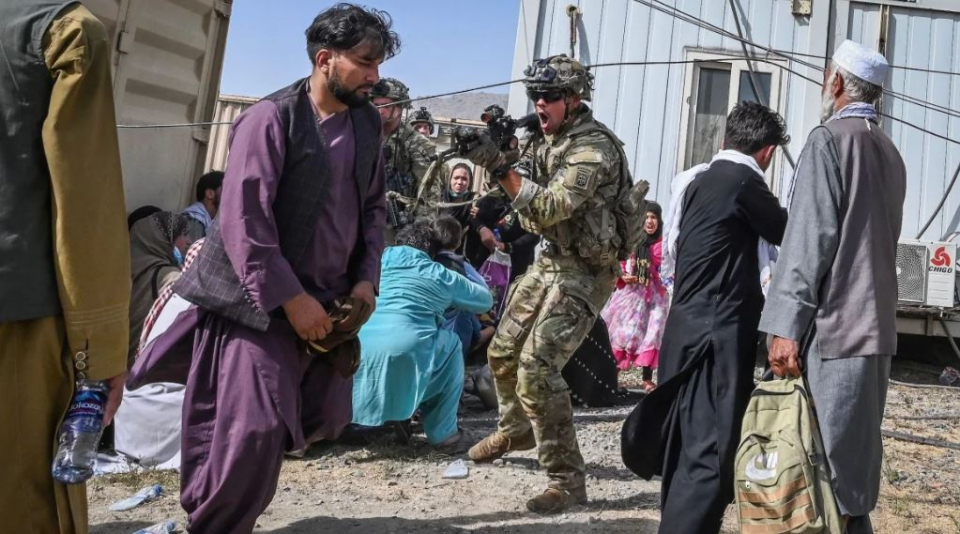Foreign policy, though not the primary concern for many voters, has taken center stage on the presidential campaign trail. A new account from Lt. Gen. H.R. McMaster, who served as Donald Trump’s national security adviser, has reignited scrutiny over Trump’s tenure as commander in chief. McMaster, who had previously refrained from direct criticism, now argues that Trump’s negotiations with the Taliban contributed to the chaotic withdrawal from Afghanistan, stating, "We threw the Afghans under the bus on the way out."
This critique adds to a chorus of warnings from other former generals who served under Trump, including retired Marine Generals John Kelly and James Mattis. The account, detailed in McMaster's memoir, portrays Trump’s Oval Office meetings as “exercises in competitive sycophancy,” where advisers flattered Trump, while he made "outlandish" suggestions like bombing drug cartels in Mexico.
As Trump seeks to return to the White House, he has focused his criticism on the Biden administration's handling of the Afghanistan withdrawal, despite his own role in setting the plan in motion. Trump has labeled the withdrawal as “the most embarrassing moment in the history of our country” and has pledged to purge the Pentagon of officials involved in the operation.
Meanwhile, Vice President Kamala Harris, who has stepped into Biden’s place to run against Trump, acknowledged the sacrifices of the 13 American service members who died during the withdrawal but defended the decision to end America’s longest war.
The debate over Afghanistan continues to haunt the Biden administration, with Republicans using the chaotic withdrawal as a key argument against both Biden and Harris in the upcoming election. As the campaign progresses, the legacy of the Afghanistan war remains a contentious issue, with both sides seeking to shape the narrative.

















